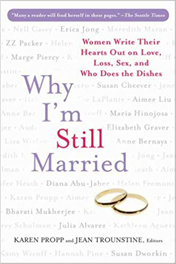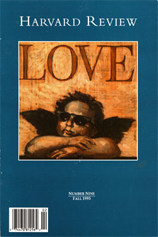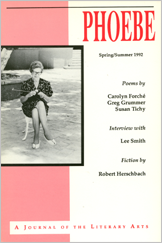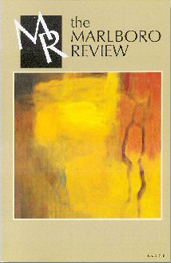Excerpts of Published Fiction, Short Stories and Essays
Where She Was
Where She Was by Helen Fremont
Jana and I were in the bathtub on a drizzly afternoon, miles from anywhere. She was turning the hot water on and off again with her foot. I leaned against her, comparing legs. It made me think I was seven again, at the Albany Art Museum, copping a feel of those rich velvet cordons when none of the guards were looking. Her legs wove around mine and just kept on going. You could string them along an art exhibit for half a city block. Her left foot hung over the edge of the high-lipped bathtub – one of those tubs that’s perched on four porcelain paws, like it’s fixing to walk away.
No, my mother doesn’t know. She thinks Jana and I are friends. I love that word: friends.
Shoes
Shoes by Helen Fremont
Shoes filled their closet like an auditorium: dozens of pairs in every conceivable color and style. The insides were smooth and buttery brown, molded over the years to the shape of their feet. My mother’s shoes made no sense at all, strips of color and jabs of heels, leather leftovers fashioned into footing. Only one or two pairs looked like anything I would ever put my feet in, or trust with my weight. Still, they were tantalizing, adornments and devices, tricks to attach to one’s toes and heels.
Lipstick
Lipstick by Helen Fremont
She wouldn’t wear lipstick until she saw him again. It was a vow she’d made to herself, to make him come back. All the girls at the Rest Center wore lipstick; girls from every corner of the continent. Pink smudges on every coffee cup. The men were young and gangly, eyes full of the ocean, faces eager, hungry. Fatigues, fresh-scrubbed and bleached dry by a pale Roman sun, hung from their shoulders like playtogs. They roamed the Rest Center looking for cuddles, laughter. The front was moving away from them, and they were resting.
Guessing at Felix
Guessing at Felix by Helen Fremont
I know you. You are going off with a guy named Felix. Felix is a nice enough guy, as things go these days. He is not the heroic type, thank goodness. He has his quirks, which one comes to appreciate after a few drinks. For one thing, he has almost nothing in the bank, except for a few 78 rpm’s in a safe deposit box. This is a man who preserves things for the sake of their shape. He is tall but not too tall. Something like six feet in slippers, which would be Florentine leather, the easy-on, easy-off type with no tread. This man does not expect to have to leap hurdles or sprint laps in the middle of the night. He is self-assured, but not absurdly so.
An Interview with Saul Bellow
An Interview with Saul Bellow by Helen Fremont
HF: Can you say a little more about the book you’re working on?
SB: No, I never talk about it, because… well, you’re bound to say something false about it, and it sticks to you.
HF: Have your work habits changed over the years?
SB: No, I always got up early in the morning and worked until I was very tired. Then I would walk around the city, mostly Chicago. All the mischief I ever got into was after work hours. I was very virtuous about work. I was perhaps not as virtuous as I should have been otherwise.
First Person Plural
First Person Plural by Helen Fremont
Our marriage is based on a fundamental, irrefutable fact: neither of us can bear the trauma of dating. Our own courtship was excruciatingly long. The general rule of thumb in lesbian relationships is that on the second date you move in together. Donna and I held off cohabitation for nearly two months, which is something like a record in the gay community. Having accomplished this feat together, we are not about to venture out on our own again. This basic fear lies at the heart of our relationship, and offers us a sense of stability and security. We are bound to each other because neither of us has the courage to start over again.

 Republished in The Aims of Argument, A Text and Reader, 7th edition, by Timothy Crusius and Carolyn Channell. New York: McGraw-Hill Companies, Inc., 2010.
Republished in The Aims of Argument, A Text and Reader, 7th edition, by Timothy Crusius and Carolyn Channell. New York: McGraw-Hill Companies, Inc., 2010.




